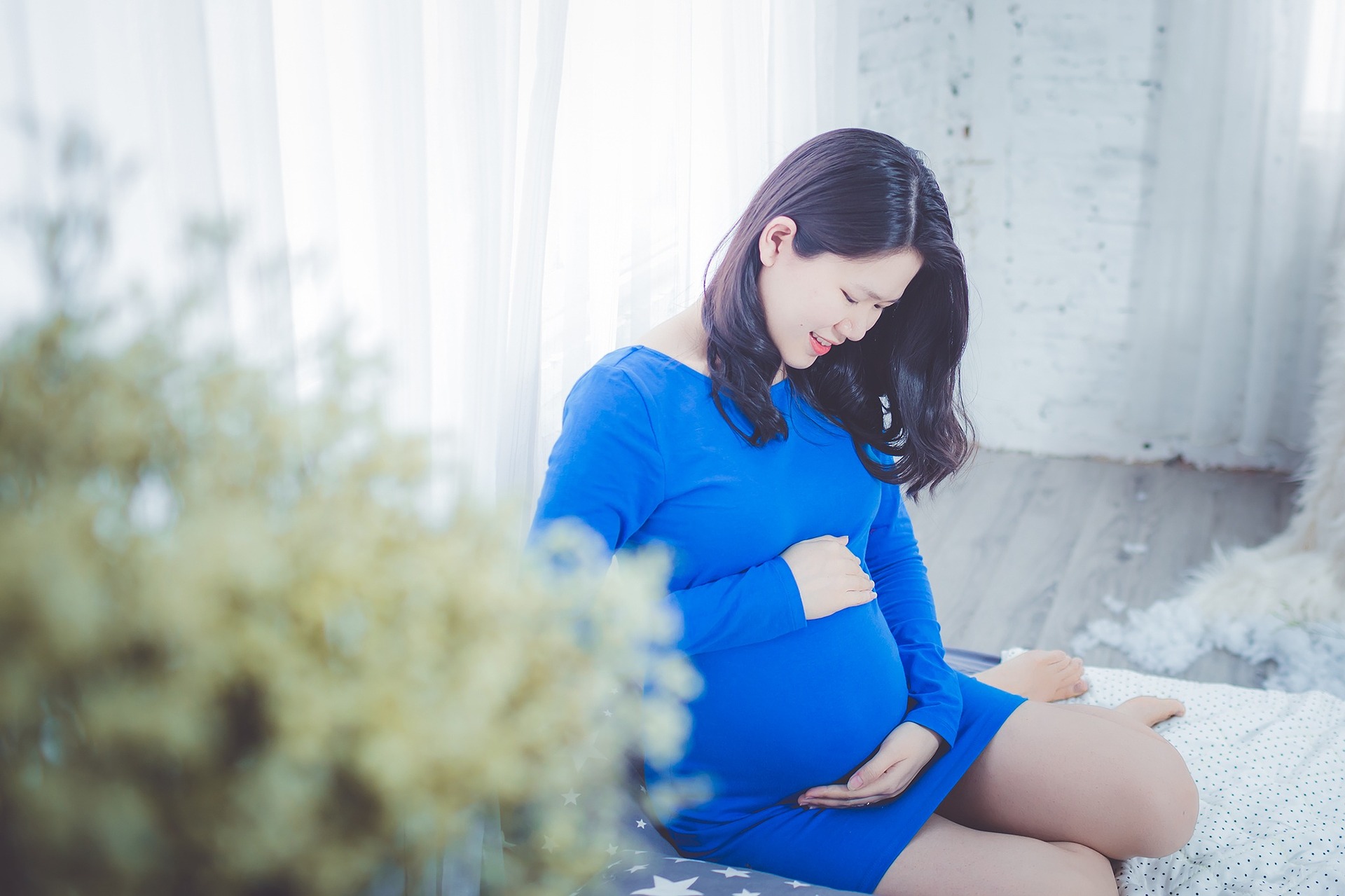
Maternity in China: between tradition, political demands and business
Giving life in China is not easy. Women must follow many rules from the Chinese tradition to enable them to better protect their child. Not so long ago, they had to submit their desire for children to the goodwill of the authorities. But since the relaxation of political demands, women have won freedom, which brands can enjoy.
The weight of tradition
The pregnancy
Pregnancy is put forward in China. Women benefit from maternity leave of 98 days (14 weeks against 16 in France), with an extension of 15 days possible in case of multiple pregnancy or difficult delivery. Arrangements can be found with the employer, such as arranged schedules. Moreover, expectant mothers are subject to special attention in a country where procreation is now considered insufficient.
Various traditions related to the knowledge of Chinese medicine are perpetuated: cold foods are banned. Indeed, to promote the balance of yin (阴 cold) and yang (阳 hot), women, naturally yin, must turn to a “hot” diet.
Delivery
China is the country with the largest number of cesarean deliveries in the world. On the one hand, Chinese women consider that it avoids the pain and that there is less risk for the baby. On the other hand, doctors prefer this practice more rewarding, and faster than natural delivery. Finally, the cesarean section allows to choose the favorable day of the birth according to Chinese methods of divination.
The period after childbirth
Traditionally, the future grandmother moves to her daughter’s house after giving birth to take over the housekeeping and care for the baby from birth. This allows the mother to rest but also to observe the tradition “zuoyuezi – 坐月子”, literally “the month when one sits”. Indeed, it is recommended for the young mother to remain bedridden for a month, not to come into contact with water (showering, washing hair, brushing teeth are forbidden) or cold, in order to protect herself from diseases. Postpartum feeding is all about protein soups to strengthen the mother and promote milk growth. The father remains outside of this child-mother-grandmother relationship, he is responsible for bringing material comfort. A party (“Bai Tian Jie – 白天 节”) is also organized 100 days after the birth, where the child is introduced to the whole family.
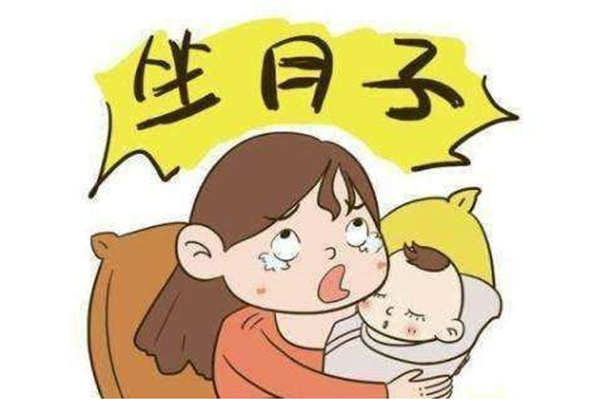
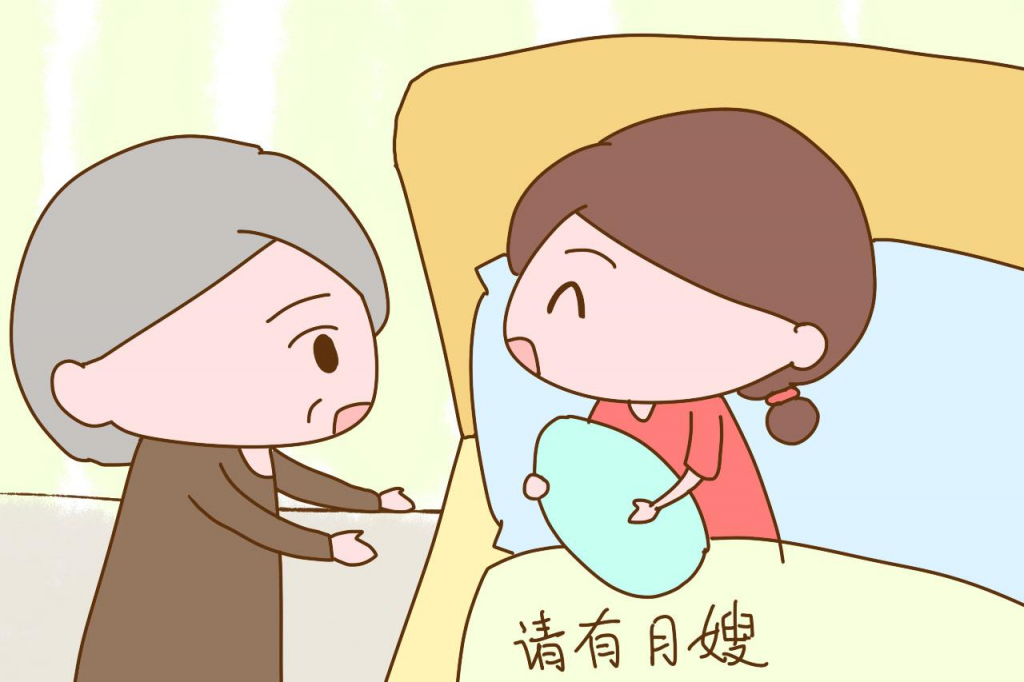

Female bellies at the service of politics
The implementation of the “one-child policy” in the 1970s
The one-child policy, otherwise known as “birth planning policy” or “育生育”, was introduced in 1979 by the Government of the People’s Republic of China. As Ma Jian’s book The Dark Road tells us, political authorities use methods that are at least authoritarian, leading to abortions (sometimes close to the end of pregnancy) and forced sterilization.
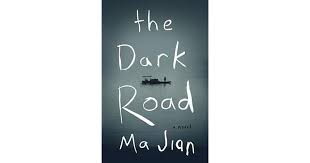
The abandonment of the one-child policy since 2013
In 2013, at the end of the plenum of the Central Committee, the Chinese Communist Party announced a relaxation of its family policy, extended in 2015. From now on, couples are allowed to conceive a second child. However, despite this possibility and a declining birth rate (from 43 ‰ in 1965, it fell to 10.94 ‰ in 2018), few households seized this opportunity, highlighting the costs. education.
Commercial opportunities to seize
Women are now more free to give birth, and are no longer afraid of hiding as was the case in the previous century. Opportunities therefore arise for companies wishing to take advantage of this market for maternity and early childhood.
Medical side
The development of private clinics dedicated to the rest or postpartum rest center (产后 健康 专科 诊所) of young mothers is unprecedented. While China was home to a dozen institutions in 2000, it hosts 4,000 in 2017. They offer the assistance of caregivers, yoga classes, massages for women to take over. forces and lose weight.
Food side
Secondly, Western, and especially European (Danone, Nestlé) manufacturers of infant products can also be the winners of this government policy. Indeed, since the scandal of milk adulterated with melamine in 2008, Chinese parents have more confidence in foreign products. At present, French food products enjoy a good image among the Chinese population.
Clothing side
The apparel market is also developed in China, with several brands sharing the market: Balabala 巴拉巴拉 or Pepco 小猪 班纳 for Chinese brands. Some Western brands have launched on the segment: Gymboree 金 宝贝, Baby GAP 宝宝 盖 璞 and Carter’s 卡特. On the French side, the brands with a good reputation are Petit Bateau 小 帆船, Catimini 卡迪米尼, Bonpoint and Jacadi 亚 卡 迪.
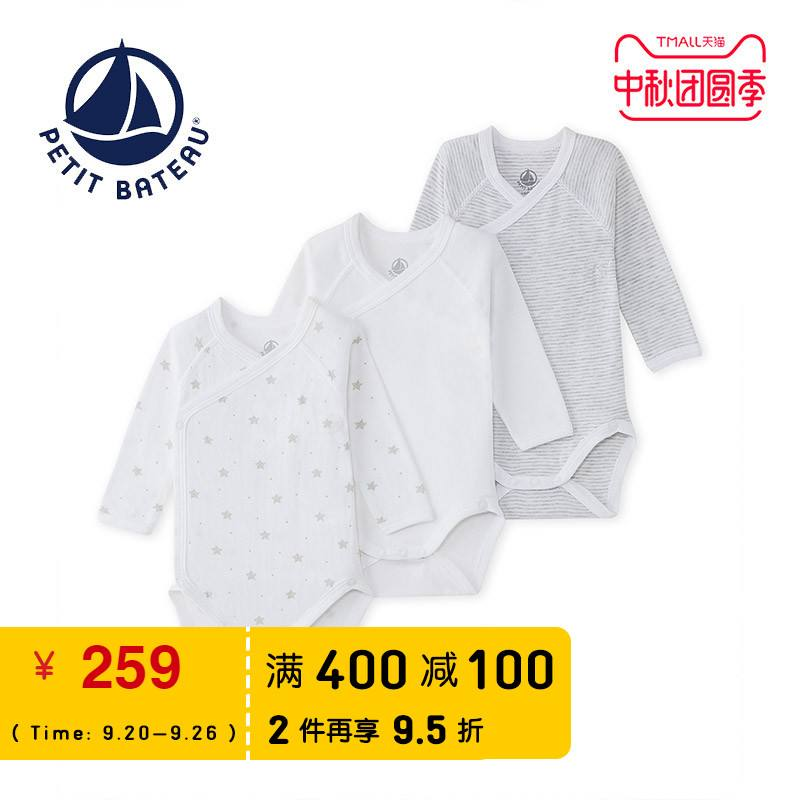
In addition, consumer expectations focus on modernity and safety (innovative, natural textiles, special “anti-electromagnetic waves” materials, quality infant milk), style (elegance, fashion) and support (guides , advice, information).
Other services can be deployed, such as pregnancy photographs. Once born, the child is really at the center of the family’s attention, and constantly pampered. All that can reassure parents and aim for the well-being of the child and his mother is valued.
Do you specialize in the maternity and early childhood sector and want to better target your market? Do not hesitate to contact us for more information !